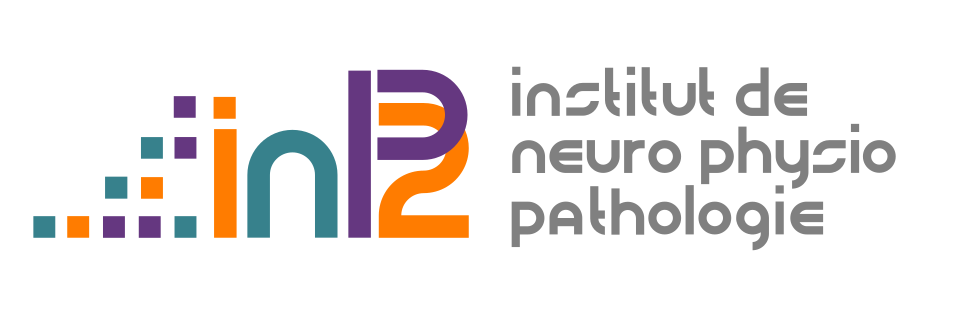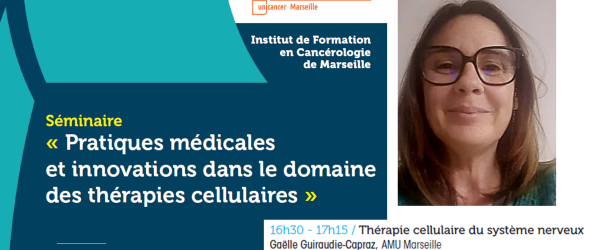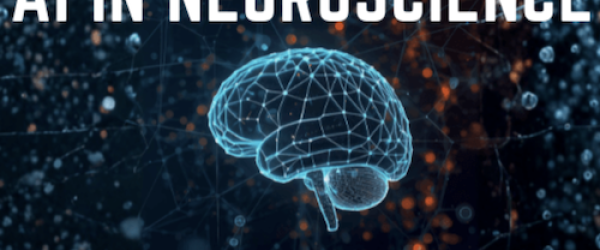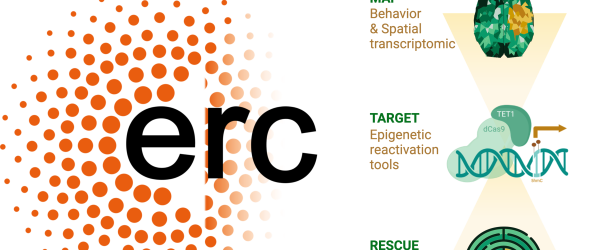L'Institut de NeurophysioPathologie (INP)
L'INP est un centre d'excellence qui intègre recherche fondamentale et clinique pour comprendre le fonctionnement du cerveau et développer des traitements innovants. Nos équipes étudient l'organisation et les interactions des cellules nerveuses, décodent les mécanismes moléculaires des pathologies cérébrales, et conçoivent de nouvelles approches thérapeutiques cellulaires et moléculaires.









